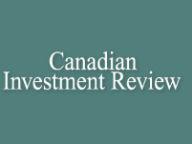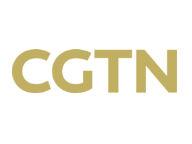Faculty News
—
Professor Karen Brenner offers insights on addressing conflicts between corporate board members and management
—

Excerpt from Agenda Week -- "For Karen Brenner, executive director of law and business initiatives in NYU’s Stern School of Business, the explanation may relate to directors’ circumstances. For one, new directors might not feel they have the experience to 'challenge' the CEO, she says. Or there may 'just be a temporary issue or problem at the moment of the survey ... But that’s not a circumstance that’s healthy to persist.'
Faculty News
—

Excerpt from Agenda Week -- "For Karen Brenner, executive director of law and business initiatives in NYU’s Stern School of Business, the explanation may relate to directors’ circumstances. For one, new directors might not feel they have the experience to 'challenge' the CEO, she says. Or there may 'just be a temporary issue or problem at the moment of the survey ... But that’s not a circumstance that’s healthy to persist.'





















